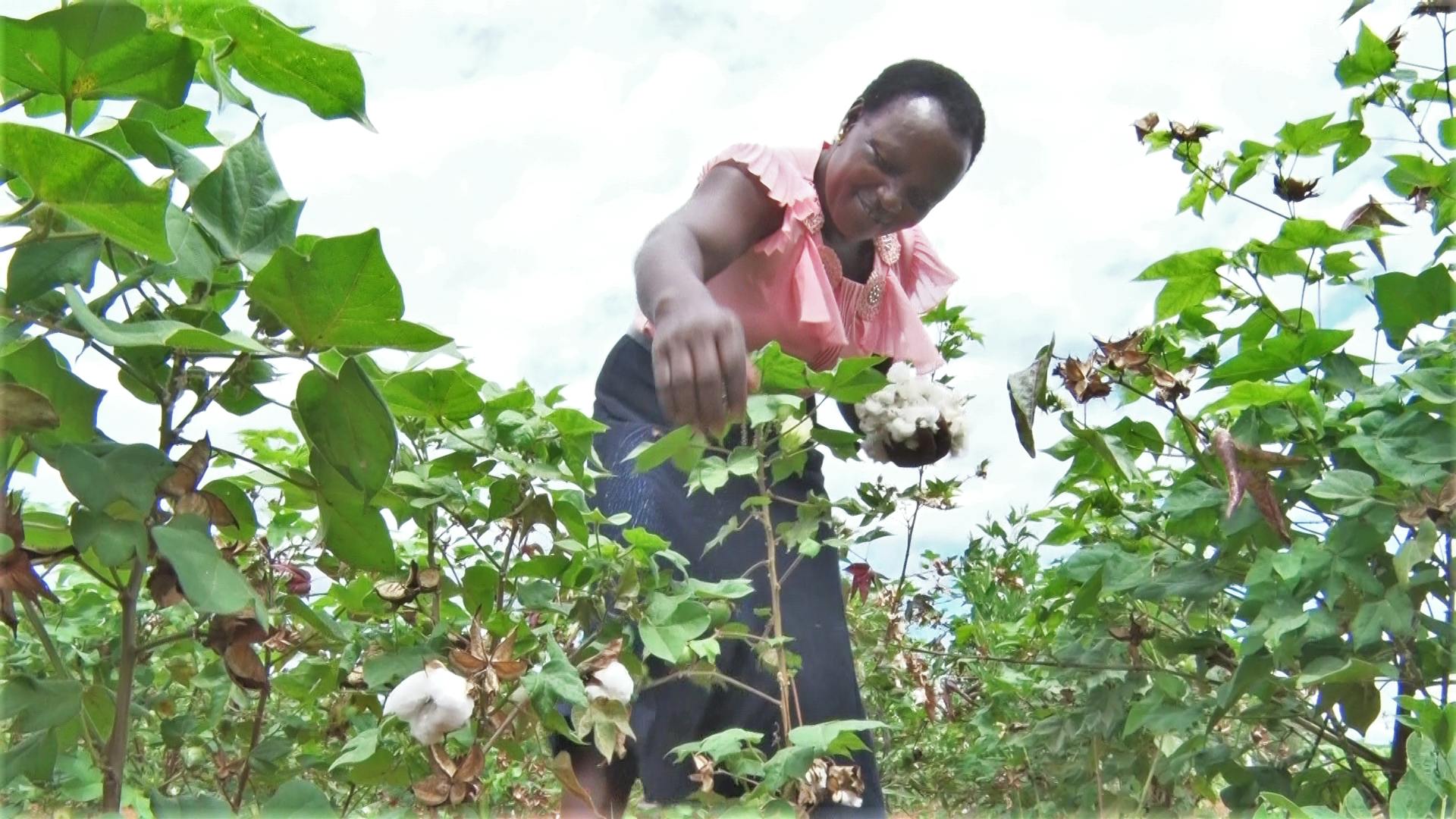The 13th Annual Biosafety Conference, organized by Kenya’s National Biosafety Authority (NBA), was held in Naivasha from June 10 - 12. The NBA, responsible for overseeing activities related to genetically modified organisms (GMO) in Kenya, deserves recognition for sustaining this important forum, now in its 13th year. Since the country adopted its biotechnology policy in 2006 and enacted GMO legislation in 2009, the journey has been complex but significant.
Kenya’s policy acknowledges biotechnology as a powerful tool for socio-economic development while recognizing potential risks that must be managed. No technology is without risk – it’s about maximizing benefits while mitigating harm.
This year’s theme was ‘Building Trust and Ensuring the Safety of GMOs.’ A standout feature was the inclusion of farmers growing GM cotton (Bt cotton), approved in 2019 as Kenya’s first commercialized GM crop and availed to farmers from 2020. Engineered to resist the cotton bollworm, Bt cotton has significantly boosted yields – farmers reported harvests increasing threefold – and drastically reduced pesticide use from 12 to just 3 sprays per season. This has led to increased income and decreased chemical exposure, improving both health and sustainability.
Although the conference focused on the science of risk assessment and socio-economic evaluation of GMOs, farmer testimonies dominated discussions. Many called for more timely access to Bt cotton seeds and questioned delays in the commercialization of Bt maize, which has already been approved.
This illustrates a broader contradiction in Kenya’s biotechnology landscape. On one hand, eager farmers are ready to adopt GM crops, having seen clear benefits. On the other, court cases and public skepticism – often fueled by misinformation – continue to block broader rollout of GM seeds. While the public seeks assurance about safety, science offers clarity: over 70 countries have adopted GMOs in the last 30 years with no credible evidence showing they pose greater risks than conventional crops. If the technology were inherently harmful, the evidence would be clear by now!
Farmers want technologies that improve their livelihoods; society needs to be confident those technologies are safe. Events like this conference are crucial in bridging that gap.
Dr. Allan Liavoga is a food safety expert.

